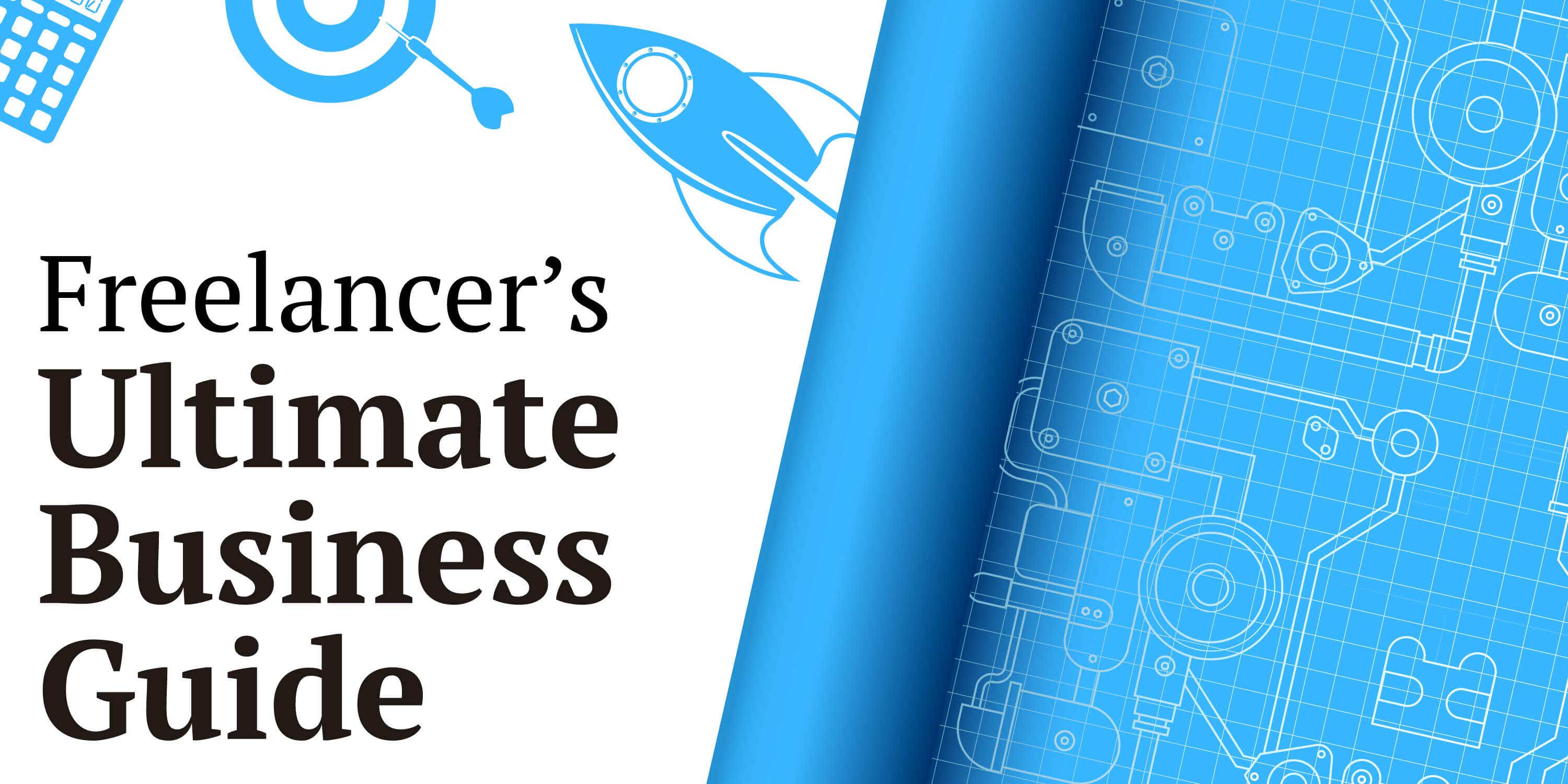与 Ava 聊天 - 您的人工智能业务顾问
大家好,我是 Ava,您的 AI 指南,可帮助您增强业务!
无论您已经在经营一家企业还是梦想创办一家企业,我们都会用AI赋能威客帮助您将愿景变为现实。分享您的业务目标,我们将共同创建一个项目,供我们才华横溢的威客竞标。让我们让您的愿景成为现实!
我已经有一份事业
我要创业
将对话发送到您的电子邮件时出现问题。请稍后再试。
您每小时只能保存一次对话。请稍后再试。
你们的谈话太短了。继续与 Ava 聊天以启用保存功能。
On-page SEO: 10 simple steps to improve your ranking now
The competition for rankings is fierce, but with the right SEO advice you will have a competitive advantage. Follow our 10 tips to rank your website.
2019年6月7日 • 阅读需7分钟
由Adam S.于2020年1月22日进行更新

Content Manager at Freelancer.com
复制到剪切板失败,请修改权限后重试。
复制到剪贴板。

On-page SEO doesn't have to be a mystery. These simple tips will grab the attention of search engines and users alike
On-page SEO is, just as it sounds, everything you do on your web page to optimize it for search engine rankings. It's a multifaceted discipline and requires a carefully considered strategy, but there are some easy steps you can take to get your on-page SEO right.
1. Think in topics, not terms
Search engines have become incredibly sophisticated. While stuffing a page full of a keyword term used to equal SEO success, modern search engines are too smart for this tactic.
This means you need to think more about user intent than keywords. When a user is searching a particular topic, what are they really looking for? What need are they trying to fulfill?
A good way to get an idea of this is to see what results search engines serve up for your targeted keyword term. Depending on the search, you could see results pages full of sites that don't even use the keyword in their title tag. This is because the search engine has learned the intent behind the search and is serving up the results that best answer that intent.
This doesn't mean keywords aren't important. It just means you need to ensure you're targeting the right ones to serve the intent of the user, and that your content delivers on this intent.
It also means you need to pay attention to LSI keywords, or latently semantic indexing keywords. LSI keywords are keywords that are related words that give search engines a better understanding of your content. For example, if you wrote a post targeting the term "SEO growth hacks," Google would scan your page to pick up LSI keywords like "content marketing," "blog posting," "title tags" and "inbound marketing."
2. Pay attention to title tags
Title tags are important both for search engines and users. Search engines use your title tag to determine what your page is about.
Your title tag is the clickable headline that appears in search engine results pages (SERPs). In most cases, search engines will grab your h1 and use it as a title tag, but you can also specify a title tag in your HTML.
A good title tag will contain your targeted keyword as close to the beginning of the title tag as possible. This gives search engines a signal about your page's content and relevancy. It also serves to entice users to click through to your page. Keep title tags to 50-60 characters, as this is typically the maximum Google will display.
3. Use your headings correctly
Search engines use your headings and subheadings to understand the flow of content on your page. You need to use headings correctly to give them clues about your content, and the importance of each section of content.
This means using only one h1, and including your keyword in it. Using more than a single h1 confuses search engines, and could cause them to rank your page incorrectly.
Featured Work in SEO
H2s and h3s should be used as subheadings, and should flow in a logical order. For instance, an h3 should always be nested under an h2 as a subhead. You should try to work your keywords or LSI keywords into these as well.
In addition to helping search engines understand the flow of your content, h2s and h3s also help readers scan your content. They provide a framework for your content, and break up blocks of text to make your page more readable. You should use a subhead no less than every 250 words or so.
Search engines also give more importance to words that appear in bold, italics or underlines. By calling attention to a word with a font style, you tell search engines that the word is important. This is a good place to use keywords.
4. Draw people in with your meta description
The meta description is the blurb of text that displays under your title tag in the SERPs. You can specify a meta description in your HTML. Otherwise, search engines will grab whatever bit of text from your content they deem most relevant (hint: they don't always get it right).
While your meta description isn't used as a direct ranking signal, it is your opportunity to sell readers on your content. Think of your meta description as an advertisement that entices people to click through and read your page. It should tell readers exactly what your content is going to deliver and why they should read it.
The length of a meta description depends on the device people are using to access the search results. Google limits meta descriptions to 158 characters on desktop and 120 characters on mobile. Considering the shift to mobile-first browsing, you should consider keeping your meta descriptions to 120 characters.
5. Have a readable URL
Search engines like URLs that give them an idea of the page's content. They favor URLs that can be easily read by humans. For instance, rather than setting a URL for this article of www.freelancer.com/seo-marketing/article-id-59798, which would tell search engines nothing about the page's content, we've set it to www.freelancer.com/seo-marketing/on-page-seo-tips.
URLs like this are easy for people to read and remember, and they're easy for search engines to contextualize. They should be kept short, include your keywords and give search engines a clue as the your site's architecture. For example, we've nested /on-page-seo-tips under /seo-marketing, telling search engines that this page relates to our other SEO marketing pages.
6. Write killer content
This is the number one step you can take to boost your on-page SEO, and ignoring it will undermine every other step you take. The best content wins.
Search engines want to serve relevant results to users. They want to deliver pages that answer the question the user was asking, or provide the information the user was looking for. If your content isn't up to scratch, users will bounce off your page and back to the SERPs.
This behavior of bouncing to a search result and then directly back to the SERPs is called "pogo sticking," and it's a signal to search engines that your page didn't satisfy the user's intent. If people are pogo sticking from your page back to the SERPs, your content didn't match their expectations. Search engines will take note of this and will drop you in the rankings.
7. Don't overstuff keywords
Keywords are important. Keywords give search engines a signal about your content and its relevance. But overusing keywords tells search engines you're trying to game the system. Not only will stuffing your content with keywords not help you, it will actively hurt you.
Search engines measure keyword density on your page, and will penalize you if they find you've overstuffed. While many SEO experts recommend a keyword density of 1–3% (in other words, your keyword would appear 10–30 times in a 1,000 word article), there is no hard and fast rule for keyword density. What's more important is that keywords are used naturally and contextually.
8. Build a useful link structure
Inbound links are the gold of the SEO world . They're one of the top ranking signals for a page, as each inbound link serves as a vote of confidence from another website.
However, inbound links aren't the only links you should be paying attention to. Search engines pay attention to all the links on your page, whether they're linking to internal pages or external pages.
Internal links help search engines understand how pages on your site relate to one another. They pass link juice to other pages. Here's how it works in practice: Google looks at your most important page, often the one with the most inbound links. It takes the value of those inbound links and shares it with all the links on that page. It then follows those links and passes value to the links on those pages, and so on.
Think of it like a champagne glass pyramid. You pour champagne into the glass at the top of the pyramid and it overflows and begins to fill the glasses below, which overflow and fill the glasses in the row beneath them. Internal links pass the champagne to your other pages.
External links are a more contentious subject for SEO. External links are links from your site to other sites. While some SEOs argue that this passes your link juice to another site when you could have kept it to yourself, we believe linking to high quality, authoritative sites sends a trust signal to search engines. You don't want to overdo external links, but linking out to quality content boosts your page's credibility, and incentivizes other sites to link back to you.
9. Allow your audience to interact
There's plenty of disagreement about the benefit of allowing reader comments for content marketing. While some content marketers argue that comments are too time-consuming to moderate and offer little in the way of SEO value, others argue for the community building comments sections provide.
We fall in the pro-comments camp (and will be adding our own comments section in the future). Yes, they can be a pain to moderate, but building a sense of community among your site's users brings people back to your page over and over, and keeps them on your page longer. Unless your commenters are kind enough to intelligently insert your target keywords in their posts, you might not get direct SEO benefits. But increasing your time on site and your traffic will ultimately boost your rankings.
Freelance SEO Experts
10. Hire a professional
If you feel like you're in over your head in on-page SEO, you might want to consider hiring an SEO expert to lend you a hand. A freelance SEO expert can put the tips above into practice, along with some more sophisticated strategies to drive traffic to your site, build backlinks and increase your ranking in the SERPs.
相关故事
与我们的Technical Co-Pilots进行沟通来获得项目帮助
专为您推荐的文章

Our ultimate guide will help you write a business plan investors will be ripping out of your hands. Learn how to expertly craft each section of it.
22 min read

Need to write content for your website? Follow our guide to make sure it's optimized to rank on the first page of Google
20 min read

Great graphic design will solidify your brand identity and drive revenue. Find out how to hire a great designer and what you should expect to pay.
9 min read

An e-book offers value to your customers and is a great source of leads for you, they also increase the traffic to your website. Learn how.
7 min read
谢谢!我们已通过电子邮件向您发送了索取免费积分的链接。
发送电子邮件时出现问题。请再试一次。
加载预览
授予地理位置权限。
您的登录会话已过期而且您已经登出,请再次登录。































